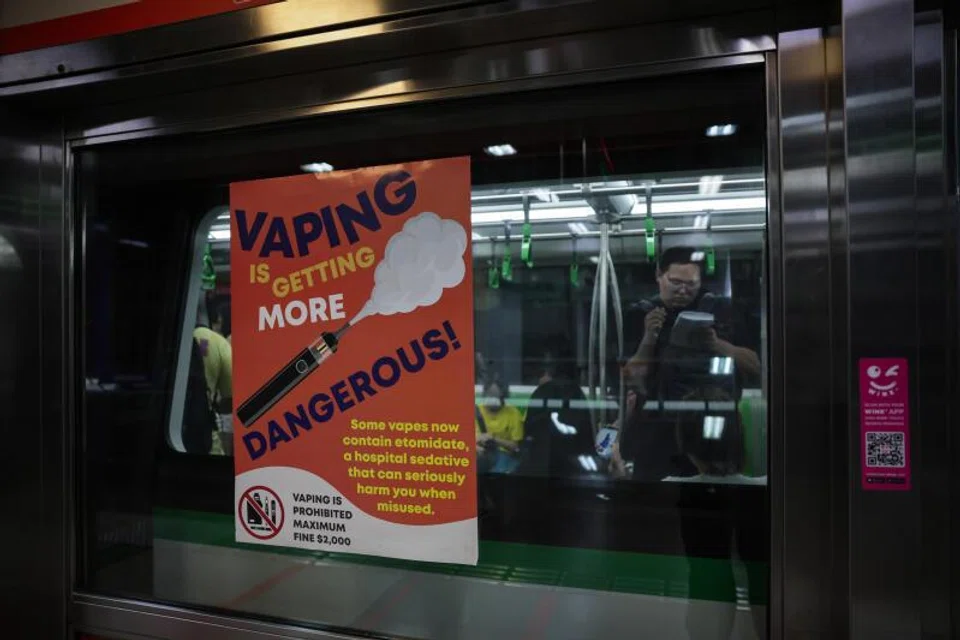
On October 20th, the Netherlands' Technical Regulations Information System (TRIS) officially ended the three-month notification period regarding the amendment to the Tobacco and Tobacco Products Regulation for regulating electronic cigarette flavors.
The "Tobacco and Tobacco Products Regulations Amendment" described in the document regulates the flavors of electronic cigarettes by establishing rules for additives in e-juice and other electronic cigarette components, except for tobacco flavoring. The main content of this amendment is to only allow 16 types of flavoring additives to be added to e-juice and other components of electronic cigarettes, specifically those that provide a tobacco flavor.
During the TRIS notification period, the European Commission and other EU countries have the opportunity to provide feedback on the new regulations. There are four possible forms of feedback: (1) no feedback; (2) commenting; (3) providing detailed opinions, starting a dialogue, and extending the notification period; (4) postponing if the Commission announces its intention to issue directives, regulations, or decisions on the matter.
It has been announced that 21 responses have been received, with 5 coming from private enterprises and 16 from nicotine and e-cigarette associations from other member states of the European Union. The specific list is as follows:
Associations and individuals have attempted to influence the Dutch government's decision through the European Union, but thus far, there is no indication that the European Commission will use its special powers to oppose the amendment initiated by the Dutch Ministry of Health, Welfare and Sport and the Legislation and Legal Affairs Bureau. As the "technical regulatory information system notification period" has ended, the ban on certain flavors seems to have been finalized within the Netherlands. The law will come into effect on January 1, 2023, and e-cigarette liquid manufacturers and importers will only be allowed to sell liquid containing the 16 approved additives. The implementation and management of the new law will be overseen by the Dutch Ministry of Finance's Central Office for Import and Export.
According to Article 34 of the Treaty on the Functioning of the European Union (TFEU), the Dutch government's primary reason for implementing this legislation is to serve the public interest, specifically to protect public health. EU members are free to decide their level of protection, and the Netherlands has chosen a very high level to achieve a smoke-free generation by 2040 in which only 5% of adults smoke. This goal can only be achieved by means including new legislation.
Statement:
This article is based on compiled information from a third party and is intended solely for industry-related communication and learning purposes.
This article does not represent the views of 2FIRSTS, and 2FIRSTS cannot confirm the authenticity or accuracy of the content. The translation of this article is only for exchange and research within the industry.
Due to limitations in translation ability, the translated article may not fully convey the same meaning as the original. Therefore, it is advised to refer to the original text for accuracy.
2FIRSTS holds the same views and positions as the Chinese government on any domestic, Hong Kong, Macau, Taiwan, and foreign-related issues.
The compilation of information is owned by the original media and the author. If there is any infringement, please contact us for deletion.
This document has been generated through artificial intelligence translation and is provided solely for the purposes of industry discourse and learning. Please note that the intellectual property rights of the content belong to the original media source or author. Owing to certain limitations in the translation process, there may be discrepancies between the translated text and the original content. We recommend referring to the original source for complete accuracy. In case of any inaccuracies, we invite you to reach out to us with corrections. If you believe any content has infringed upon your rights, please contact us immediately for its removal.







